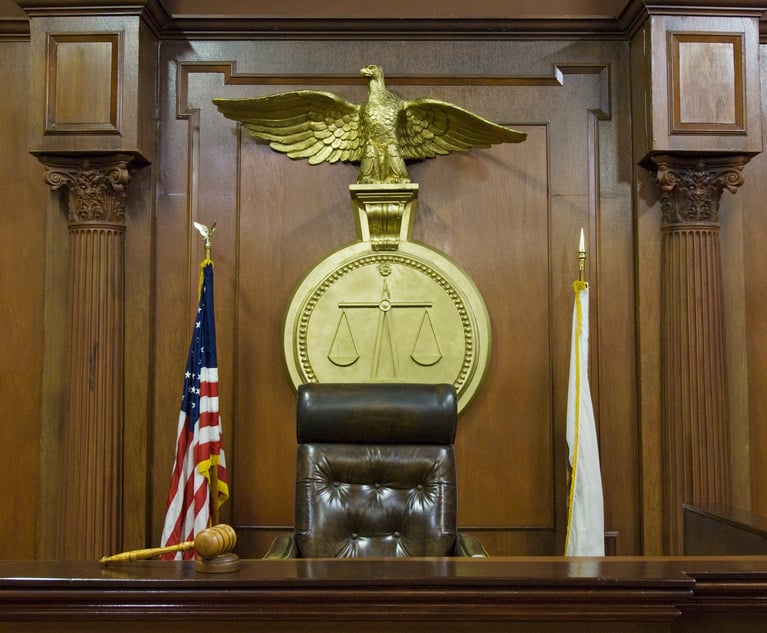The Pennsylvania Supreme Court has been clear that it holds the psychiatrist-patient privilege and confidentiality in mental health records in the highest regard. But what happens to that privilege and confidentiality when a plaintiff files a personal injury lawsuit that could conceivably call their mental health into question? Do allegations of emotional upset, pain or anguish automatically waive the privilege normally attached to mental health records? Is the defendant entitled to review all mental health records pertaining to that plaintiff in order to defend against the plaintiff’s claims?
Until recently, there was only a single Pennsylvania appellate court decision addressing these important and complex issues. This has led to confusing and sometimes contradictory decisions by trial courts attempting to establish the boundaries for discovery of mental health records. Thankfully, in two recent decisions the Pennsylvania Superior Court has established important precedent regarding the scope of permissible discovery of plaintiffs’ mental health records. These opinions offer critical tools allowing lawyers to prevent the discovery of irrelevant and potentially embarrassing mental health records.
- Plaintiff’s Mental Health Records


 Elizabeth Amesbury of Cohen, Placitella & Roth. Courtesy photo
Elizabeth Amesbury of Cohen, Placitella & Roth. Courtesy photo




